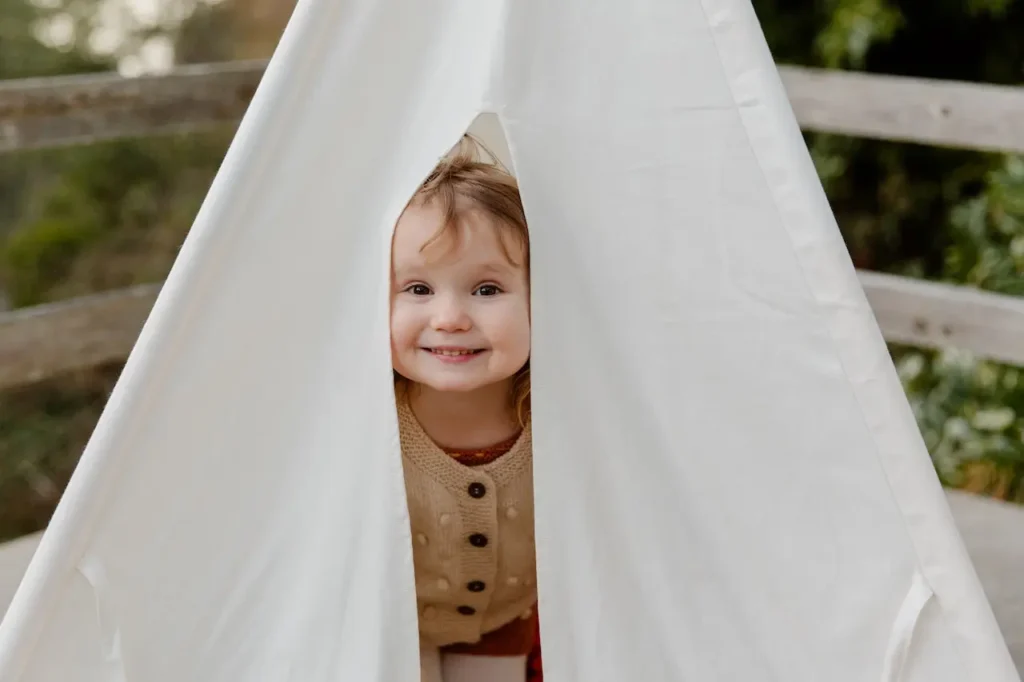Find out the different stages of cognitive development for preschoolers and activities you can do…
Parents love to watch their children grow and witness all of their milestones. They are constantly waiting to see if they are reaching all of their developmental milestones, physically, cognitively, and emotionally. While it’s important to keep eye on their growth and development, it’s just as important to remember that kids develop at different stages. Some kids may reach certain milestones sooner than others.

As we explore preschooler emotional development, we’re going to look at the stages both 3 and 4-year-olds reach and what activities you can do to help them along their journey. We’ll also share some medical advice on when you may want to check with your pediatrician if your child is not reaching certain goals.
What is Preschooler Emotional Development?
When you hear people talk about preschooler emotional development they are referring to the skills that children learn in the context of their various relationships by watching, imitating, and responding to others’ social behaviors. Children also develop emotionally by watching the way others respond to their emotions.
Why is emotional development important for preschoolers?
Emotional development is important for preschoolers because children who can understand and express emotions have better social and empathetic skills. Researchers say this can help to build relationships. Children can even do better academically.
Preschooler Emotional Development: Age 3
At age 3, preschoolers are beginning to understand the emotions they are feeling, but still don’t have much control over them. They’ll likely burst into tears if something makes them feel sad, or if they find something funny, they won’t stop laughing.
Kids this age also have little impulse control. If they feel something, they’ll act on it right away. As a parent, it’s your job to teach right and wrong ways to express emotions and to act upon them.
Although all children develop at their own pace when it comes to emotional development, there are many common things that children do by the time they are three. Here are some behaviors to look for according to the Centers for Disease Control:
- Copies adults
- Takes turns in games
- Shows concern for a crying friend
- Shows a wide range of emotions
- Separates easily from Mom and Dad
- May get upset with a major change in routine
- Interested in new experiences
Activities for 3-year-old
There are several activities you can do to help with your child’s emotional development. Here are some ideas:
- Go to playgroups with your child or places where there are other children so they can interact
- Encourage your child to get along with others
- Talk to your child about their feelings
- Work on problem-solving skills
- Encourage your child to identify feelings in books
Preschooler Emotional Development: Age 4
When children reach age 4, they begin to understand the connection between emotional outbursts and negative consequences. They also start to understand empathy and that others have feelings too.
As children get older, they build on their emotional skills. Here are several behaviors that many 4-year-olds exhibits:
- Plays “mom” or “dad”
- More creative with make-believe play
- Cooperates with other children
- Would rather play with others than alone
- Talks about what they like and their interests
Activities for 4-year-olds
There are several fun activities you can do with your 4-year-olds to boost their emotional development. Try these out:
- Play make-believe with your child
- Suggest your child pretend to play an upcoming event they may be nervous about
- Let your child solve their own problems with friends during playdates and only help out if needed
- Let your child be a leader during any activity you’re doing
- Provide toys to help build your child’s imagination (dress-up clothes, kitchen sets, etc)
When should you talk to your doctor about preschooler emotional development delays?
While all children develop at their rate, some behaviors may trigger a call to a pediatrician to make sure your child is where he needs to be for his age. According to the American Academy of Pediatrics, these are some things to keep an eye out for:
- Cries whenever mom or dad leaves and is very clingy
- Ignores other children
- Shows no interest in interactive games
- Does not engage in fantasy play
- Lashes out without any self-control when angry or upset
If you notice your preschooler exhibit any of these behaviors, you may want to contact your pediatrician to make sure no underlying issues are going on.
Helping Preschoolers Develop at Primary Beginnings
At Primary Beginnings, our preschool programs help children grow and develop. Our team is committed to teaching children in all aspects of their growth. To learn more about our preschool programs, and infant child care, call us today. Contact our North Hills Drive center or our Spring Forest Center. You can also schedule a tour. We look forward to meeting you!
